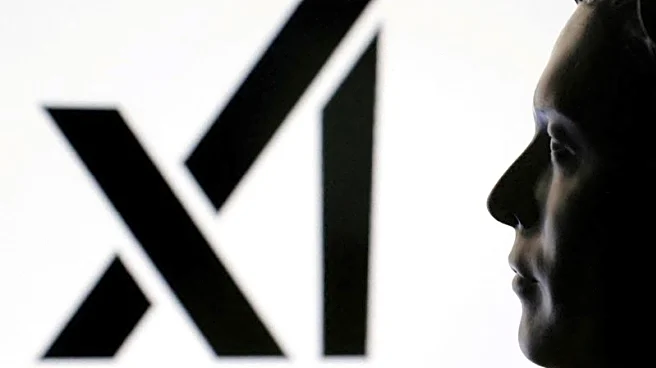What's Happening?
Jenner & Block has reached a settlement in principle regarding its $8.1 million fee dispute with the Republic of Sierra Leone. The legal disagreement was addressed in the US District Court for the District of Columbia, where Judge Tanya S. Chutkan signed
a minute order approving a joint motion to stay the case for 30 days. This pause is intended to allow time for the finalization of the settlement. The motion was submitted to the court on Thursday, and while the settlement terms have not been disclosed, the agreement marks a significant step in resolving the financial conflict between the law firm and the African nation.
Why It's Important?
The settlement of this fee dispute is significant as it highlights the complexities and challenges involved in international legal agreements and financial transactions. For Jenner & Block, resolving this dispute allows the firm to potentially recover substantial legal fees and avoid prolonged litigation, which can be costly and time-consuming. For Sierra Leone, settling the dispute may help in maintaining diplomatic and business relationships, as unresolved legal conflicts can impact international perceptions and future engagements. This case underscores the importance of clear contractual agreements and the role of the judiciary in facilitating resolutions in international legal matters.
What's Next?
With the settlement in principle, the next steps involve finalizing the terms of the agreement within the 30-day period granted by the court. Both parties will likely work towards a mutually agreeable resolution that satisfies the financial and legal interests involved. The outcome of this settlement could influence future legal strategies and negotiations for Jenner & Block, particularly in international contexts. Additionally, Sierra Leone may review its legal and contractual processes to prevent similar disputes in the future, ensuring smoother international collaborations.
Beyond the Headlines
This settlement may have broader implications for international law firms and their dealings with foreign governments. It highlights the importance of understanding the legal frameworks and financial expectations in different jurisdictions. The case also reflects on the role of the US legal system in adjudicating international disputes, which can set precedents for how similar cases are handled in the future. Furthermore, it may prompt discussions on the ethical considerations of legal fee structures and the transparency required in international legal agreements.















